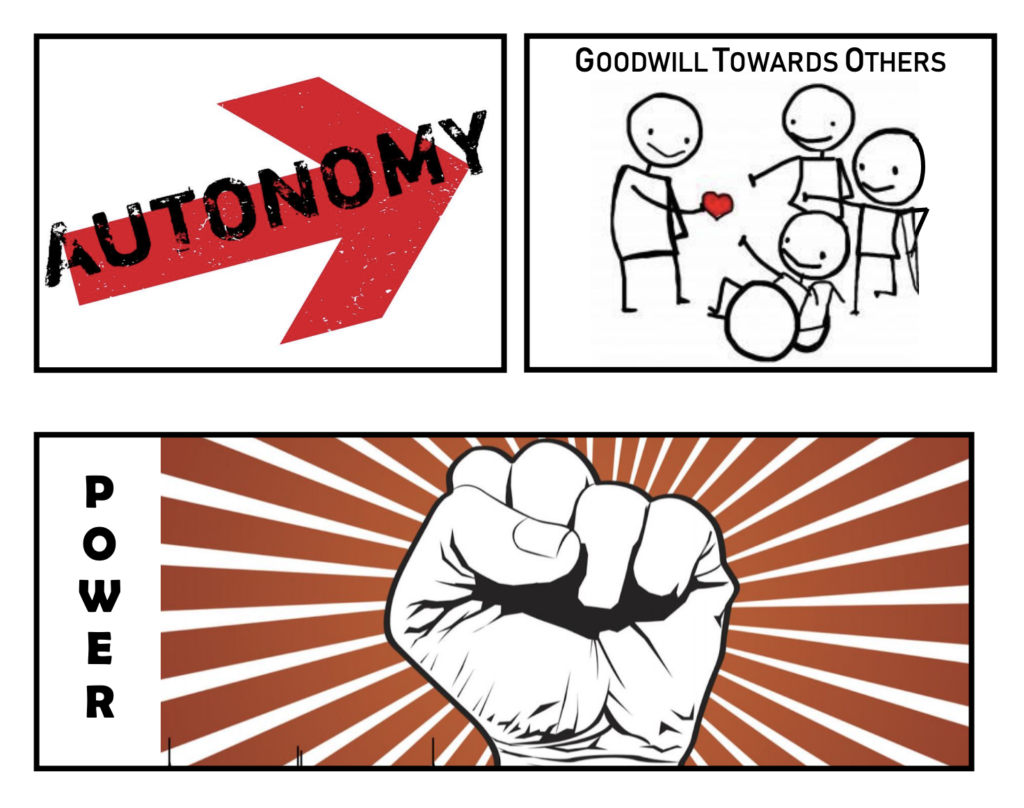Economics of AI
Grapple Series, Session #3
Curators notes:
Our third session in the Grapple Series focused on exploring the economic engine that propels advances in AI technology. This led us to grapple with the motivations behind the tools – from whose gaze are these technologies designed, and to whose benefit? On April 21, 2020Summary:
The Grapple Series: Exploring the Intersections of Artificial Intelligence & Humanity was organized by educators from The Western Pennsylvania Writing Project & The CMU CREATE Lab to support the exploration of the impact and implications of artificial intelligence and new technologies for education and for the communities we serve. Originally published on April 21, 2020Our third session in the Grapple Series focused on exploring the economic engine that propels advances in AI technology. This led us to grapple with the motivations behind the tools – from whose gaze are these technologies designed, and to whose benefit?
Pre-readings and viewings included:
- Before Clearview Became a Police Tool, It Was a Secret Plaything of the Rich – The New York Times
- Facial Recognition Moves Into a New Front: Schools
- Education Technology and The Age of Surveillance Capitalism
- An Online Preschool Closes a Gap but Exposes Another
- Silicon Valley Is Turning Into Its Own Worst Fear
- Something to Browse: A Website Focused on Data Privacy and Marketing (Thanks, Kevin!)
Additional resources:
- AI & Humanity Wallet Currencies
- Kevin’s Meandering Mind: Grappling with Algorithms and Justice (Oh, the Humanity)
- Alison McDowell’s blog: A Skeptical Parent’s Thoughts on Digital Curriculum
Before engaging with the theme of the session, we needed to pause to reflect on the COVID-19 pandemic and the questions this crisis compels us to grapple with. We wondered about (among other things):
- Whether the pandemic has altered our perception of technology.
- How the algorithms we designed for avoiding the common cold resonate with the current moment.
- Can algorithms be responsive to fragility and volatility and community?
- How our education system might change through lessons learned during this crisis.
- What opportunities are opening up for us at this moment?
- How we wrestle with the deep societal inequities this pandemic is unveiling?
- What practices we are willing to let go of, and what new habits we want to hold on to?
- What we are willing to give up to save others.
We also briefly brainstormed some ideas for how we could use the materials and lessons we are collectively building through this series, outside of the context of our Grapple group. Most of us discussed possible ways we can take these conversations into other spaces, especially those involving students. How can we bring questions about equity and ethics into discussions about AI, so those considerations are made before the technology is deployed or even designed? We hope to continue grappling with this question during our final session.

Once our group had the necessary time to reflect, feel and share about this current moment, we dove into the theme of the session – Economics of AI. Inspired by our pre-reading and prior work, we engaged the group in our adaptation of the game “The Price Is Right”. However, instead of considering monetary costs, we explored more invisible currencies that we may give up or ‘pay’ in exchange for goods and services from corporate structures that utilize AI.
Our list of AI & Humanity Wallet Currencies were as follows: Privacy, Power, Goodwill towards Others, Social Credit, Attention, Integrity, Autonomy, Influence, Authenticity, Convenience.

With these currencies in hand, we grappled with what we would be willing to give up and, at times, what we do give up to participate in AI systems. These are some of the questions we grappled with:
- What do we give up when we sign up for grocery store perks?
- What do we give up when we sign up for Amazon Prime membership?
- What currencies would we spend if we choose to enroll in a program that offers thousands of dollars worth of products to our classroom, “free” of charge, in exchange for endorsing those tools?
- What currencies do we pay when we bring a virtual assistant (e.g. Alexa) into our homes or install a ‘smart’ doorbell?
- What would we be willing to give up to provide health care access to all or to raise the minimum wage?
We concluded our discussion by exploring other invisible currencies we hold and spend in our day-to-day interactions, outside of the 10 on our original list. The group offered: Time, Safety, Loyalty, Creativity, Relationships, Health, Love and Humanity. How much of these currencies can we actually afford to spend, and are they truly ours to spend? In a world where most AI driven tech platforms come to us at no monetary cost, we must grapple with the unspoken and less quantifiable costs of our complicity with, and participation in these systems. How do we understand our individual and collective power within these structures, and how easily do we give up our collective power?
Tune into our fourth and final Grapple Series session this month when we will grapple with what it means to be human in today’s society; a world pervaded by the artificial and fake news, where truth, facts and reality seem increasingly blurred from our view.

